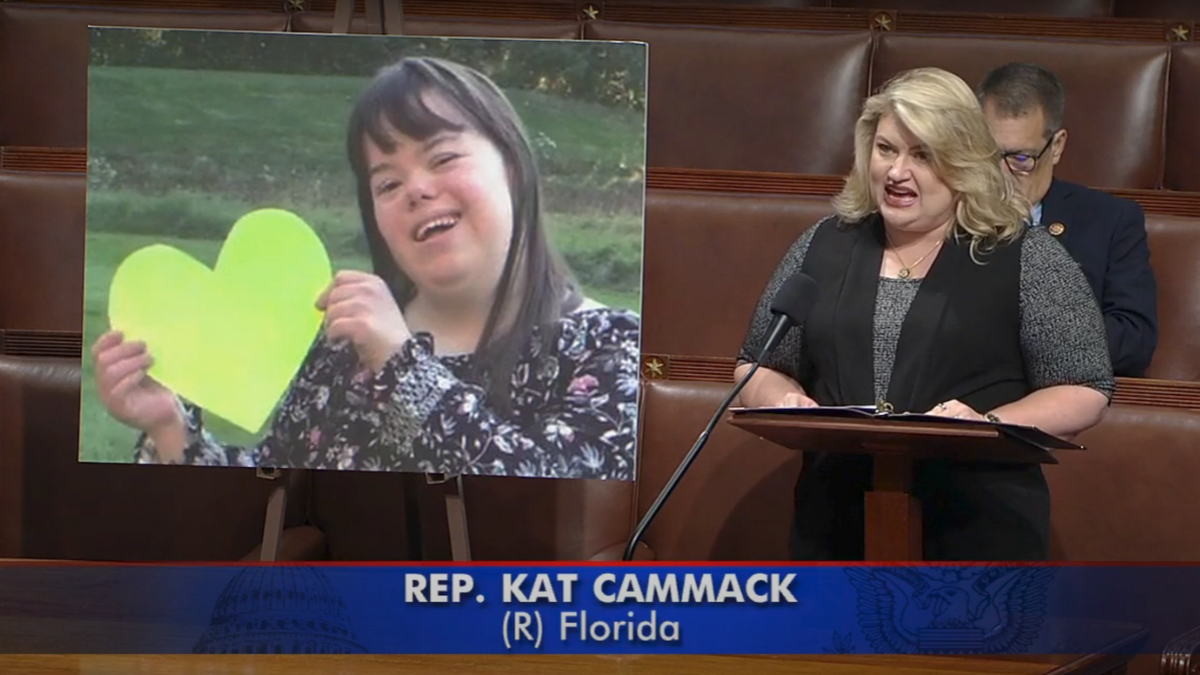
Three Christian medical groups and five states are fighting an unprecedented transgender-focused rule the federal government handed down this summer. Their new lawsuit, filed in a Texas district court, demands that the rule be declared invalid.
The rule, implemented by the Department of Health and Human Services Office of Civil Rights, took effect in July as part of the Affordable Care Act. It defines “sex” in relation to potential health care discrimination, and says a person can be male, female, neither, both, or some combination of the two. It sets strict expectations for medical professionals’ treatment of patients—particularly of those who consider themselves transgender—and tethers these expectations to federal funding for medical organizations.
“With a single stroke of the pen, HHS has created a massive new liability for thousands of healthcare professionals unless they cast aside their medical judgment and perform controversial and even harmful medical transition procedures,” the lawsuit states.
Doctors Can’t Tell Transgender Patients ‘No’
Say a medical doctor sees a biologically male patient who claims to be a female. The doctor must treat the patient as a female and perform any invasive or potentially risky gender-related procedure that patient asks for—regardless of whether they think it medically wise. Failure to do so could leave the doctor vulnerable to lawsuits, lost federal funding, and federal investigation by the Office of Civil Rights (the HHS arm implementing this policy).
Luke Goodrich, a lawyer with the Becket Fund for Religious Liberty, is representing the three medical groups in the suit. He said the rule is “deeply concerning” and “unprecedented.”
“It’s particularly troubling that you have the federal government interfering in the relationship with a doctor and a patient, and forcing the doctor to do something that violates the doctor’s own medical judgment,” he said. “You don’t need someone who is not a doctor dictating what the doctor should do. Every doctor I’ve spoken with is deeply concerned that the federal government not override their medical judgment.”
The Franciscan Alliance, Specialty Physicians of Illinois, Christian Medical and Dental Associates, and states of Texas, Wisconsin, Nebraska, Kentucky, and Kansas have filed the lawsuit. They argue that the HHS rule violates numerous federal acts and constitutional provisions, including the Religious Freedom Restoration Act. The government has until October 24 to respond to the complaint.
“The impact of this new rule on Texas and healthcare workers is significant,” Texas Attorney General Ken Paxton said in a statement. “Not only does the rule require taxpayers to fund all treatments designed to transition to a different sex, it also forces health care workers, including physicians, to provide controversial services… . A physician that, for religious or conscientious reasons cannot perform a particular procedure, chooses to instead refer a patient to another healthcare provider may also be determined to be in violation of this new rule.”
Bureaucrats’ Fantasies Replace Doctors’ Judgment
The HHS rule clearly states that medical professionals can no longer judge what is or isn’t medically necessary for their transgender patients: “A provider specializing in gynecological services that previously declined to provide a medically necessary hysterectomy for a transgender man would have to revise its policy to provide the procedure for transgender individuals in the same manner it provides the procedure for other individuals.”
Those who have examined the rule say that last bit is key: it means doctors must provide a hysterectomy to a transgender man as quickly and easily as they would to a woman with uterine cancer. The rule argues that such a hysterectomy is “medically necessary to treat gender dysphoria”—but the science on gender dysphoria isn’t even settled yet.
This rule, written by bureaucrats and not voted on by anyone, has the power to strip funding from medical organizations across the country, and doctors could be sued by the Department of Justice for not complying. It removes medical professionals’ ability to determine what is or isn’t medically expedient for their patients, instead placing authority in the hands of a federal organization in Washington, D.C.
The lawsuit notes that, in the review period between the rule’s proposal and formal adoption, many requested that the thresholds for “medically necessary” and “medically appropriate” still be determined by medical professionals.
But “HHS refused to make this clarification, stating that some procedures ‘related to gender transition’ may be required even if they were not ‘strictly identified as medically necessary or appropriate,’” the lawsuit states.
In the case of gender transition, it appears there is no room for a second opinion: the first and only opinion of the federal government reigns supreme.
This Jeopardizes Millions of Americans’ Health Coverage
Goodrich said this rule might threaten millions of Americans who receive medical help through Medicare and Medicaid. If doctor’s offices and hospitals lose massive amounts of federal funding for not following HHS’ new rule, where do these folks get care?
The Franciscan Alliance, one of the suit’s plaintiffs, is a network of Catholic hospitals based in Indiana. According to the lawsuit, Franciscan provides about $900 million worth in Medicare and Medicaid services each year to the poor, disabled, and elderly. It also receives about $300,000 annually in grants from HHS.
“That’s many millions of dollars they use to serve the poor,” Goodrich said. “The irony of the rule is that it deprives the neediest members of society of health-care.”
If a doctor in one of these Catholic hospitals refuses to perform gender transition surgery, all that funding could be at risk. The HHS would rather hold funding hostage, effectively cutting people off from health-care services, than let a doctor make up his or her own mind in treating a transgender patient.
“It’s worth keeping in mind that the Franciscan Alliance and others in this suit gladly and joyfully serve transgender individuals and provide the health-care they need from curing colds to cancer,” Goodrich said. “It’s only concerning certain procedures that might be harmful, in the doctor’s best medical judgment, that they don’t want to be forced to perform.”
Four religious medical schools and health-care organizations declined to comment for this article.









